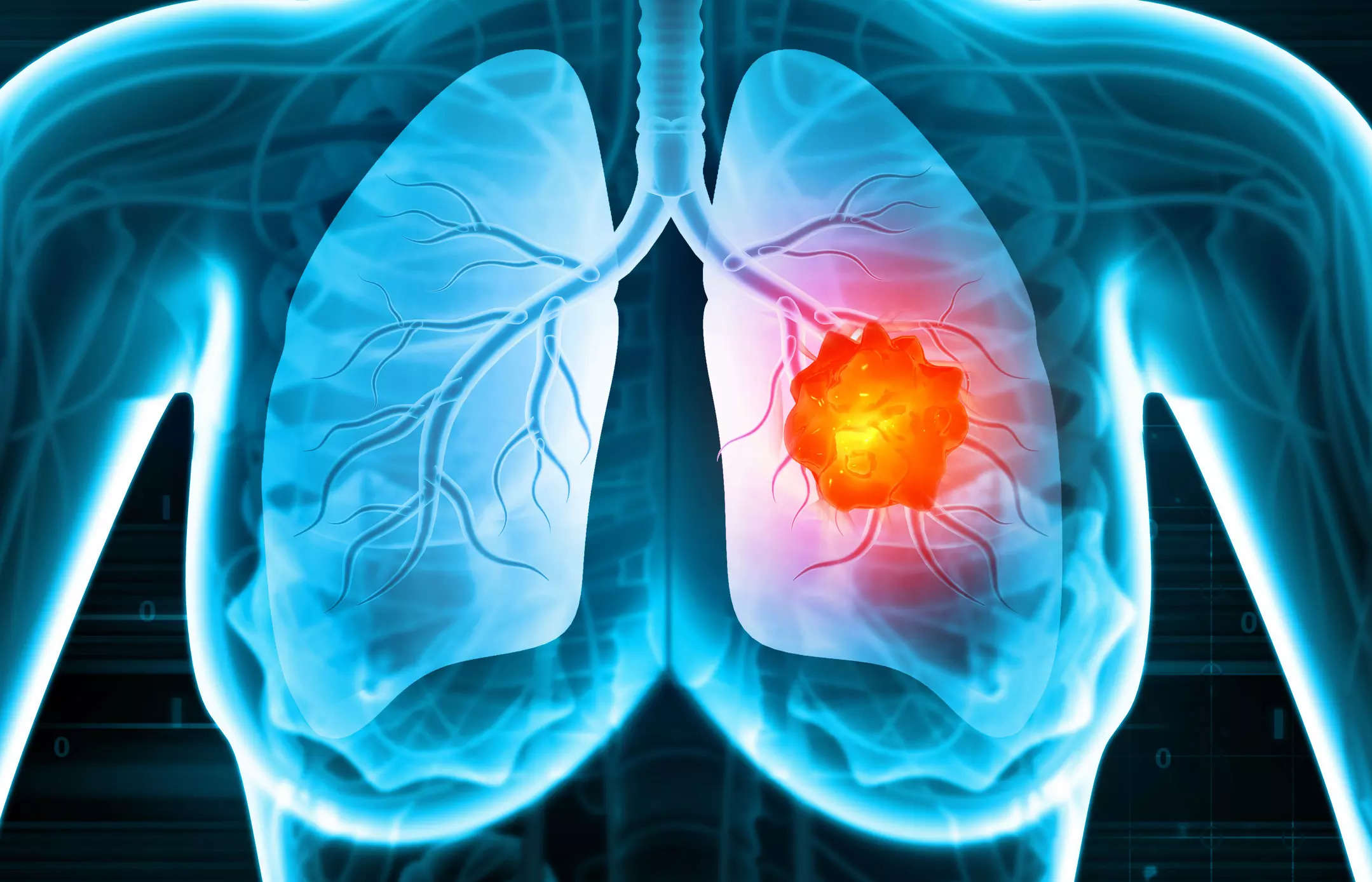Beauty from Within: How Holistic Aesthetic Services in Kuala Lumpur Nourish Your Skin
In the fast-paced world of modern beauty, the pursuit of flawless skin goes beyond surface-level treatments. Today, the spotlight shines on holistic aesthetic clinic services that nourish your skin from within, offering a more profound and long-lasting impact. In Kuala Lumpur, Malaysia, a growing number of individuals are embracing these comprehensive approaches to beauty. Join us as we delve into the realm of holistic aesthetic services, from skin tightening to laser hair removal, and unlock the secrets to radiant and rejuvenated skin.

Embracing the Holistic Approach
Unlike conventional beauty treatments that focus solely on superficial concerns, holistic aesthetic clinic services take a more comprehensive approach to skin health. These services address not only the outer appearance but also consider the interconnectedness of the body, mind, and skin. By acknowledging the intrinsic link between overall well-being and skin health, holistic aesthetic services provide transformative results that stand the test of time.
The Expertise of a Medical Aesthetic Doctor
At the heart of holistic aesthetic services in Kuala Lumpur lies the expertise of medical aesthetic doctors. These skilled professionals have extensive training in advanced cosmetic procedures and possess a deep understanding of skin biology. By combining their medical knowledge with an artistic eye, they curate personalized treatment plans that cater to each individual’s unique needs, ensuring beautiful and natural-looking results.
Acne Scar Treatment: Healing from Within
Acne scars can be emotionally distressing, affecting one’s self-esteem and confidence. Holistic acne scar treatments in Kuala Lumpur focus not only on improving the appearance of scars but also on promoting skin healing from within. Techniques like micro-needling with growth factors and laser therapy stimulate collagen production, encouraging the skin’s renewal process and unveiling smoother, rejuvenated skin.
Skin Tightening and Skin Lifting: Restoring Youthful Radiance
As we age, the skin’s natural elasticity diminishes, leading to sagging and loss of firmness. Holistic skin tightening treatments combine advanced technologies like radiofrequency and ultrasound to stimulate collagen production. These non-invasive procedures lift and firm the skin, restoring youthful radiance without the need for surgery or downtime.
Body Shaping and Sculpting: Harmonizing Your Silhouette
Holistic body shaping and sculpting treatments offer a harmonious approach to achieving the desired silhouette. These procedures target stubborn fat deposits and promote skin tightening simultaneously, resulting in a well-contoured and balanced appearance. With a focus on overall body symmetry, holistic body sculpting enhances your natural beauty and boosts confidence.
Body Contouring: A Journey to Transformation
For those seeking a complete body transformation, holistic body contouring services provide an all-encompassing experience. These treatments combine cutting-edge technologies to address cellulite, sagging skin, and fatty deposits, sculpting the body’s contours to reveal a revitalized you. The journey to transformation begins with holistic body contouring in Kuala Lumpur.
Nourishing Your Skin, Enhancing Your Beauty
In the vibrant city of Kuala Lumpur, the concept of beauty extends far beyond cosmetics. Holistic aesthetic clinic services embody the art of nourishing your skin from within, bringing out the best version of yourself. By embracing this holistic approach, you unlock the secrets to radiant and rejuvenated skin that exudes beauty from the inside out.

Discover the Power of Holistic Aesthetic Clinic Services
Step into a world of transformative beauty where nourishing your skin from within takes center stage. Kuala Lumpur’s holistic aesthetic clinic services offer a profound and lasting approach to rejuvenating your skin, creating a harmonious balance between body, mind, and beauty. Embrace the transformative power of holistic aesthetics and embark on a journey to lasting radiance.
Beauty from Within: How Holistic Aesthetic Services in Kuala Lumpur Nourish Your Skin Read More »

:strip_icc()/ScreenShot2022-02-28at9.42.51PM-8d9e660046ac4f13a9aa0aefef44cb8b.png)








:max_bytes(150000):strip_icc()/GettyImages-103919304-44ca865113b449fcb59574cd99fcf9a4.jpg)







